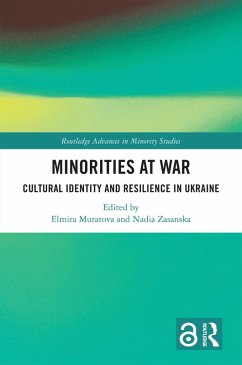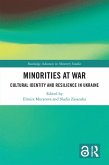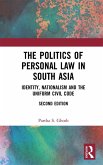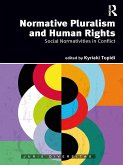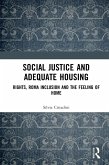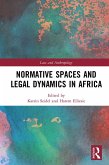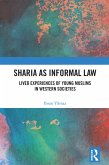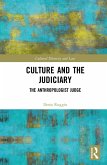Dieser Download kann aus rechtlichen Gründen nur mit Rechnungsadresse in A, B, BG, CY, CZ, D, DK, EW, E, FIN, F, GR, HR, H, IRL, I, LT, L, LR, M, NL, PL, P, R, S, SLO, SK ausgeliefert werden.
Henry E. Hale, Professor of Political Science and International Affairs, and Director of the Elliott School's Institute for European, Russian, and Eurasian Studies at George Washington University
"This volume makes a thoughtful contribution to the discussion about national minorities in Ukraine. A range of different perspectives and case studies capture the diversity and hybridity of identities within the larger civic identity of Ukraine, mapping their role in the resilience of the Ukrainian state and future policy challenges".
Gwendolyn Sasse, Director of the Centre for East European and International Studies (ZOiS) and Professor at Humboldt-Universität zu Berlin; author of Russia's War against Ukraine
"This urgent and extraordinary interdisciplinary volume sheds overdue light on how Ukraine's minorities conceive of their future. It will change the way you think about Ukraine, and it will change the way you think about the most consequential conflict in Europe since the Second World War".
Rory Finnin, University of Cambridge, Director, Cambridge Ukrainian Studies Programme

